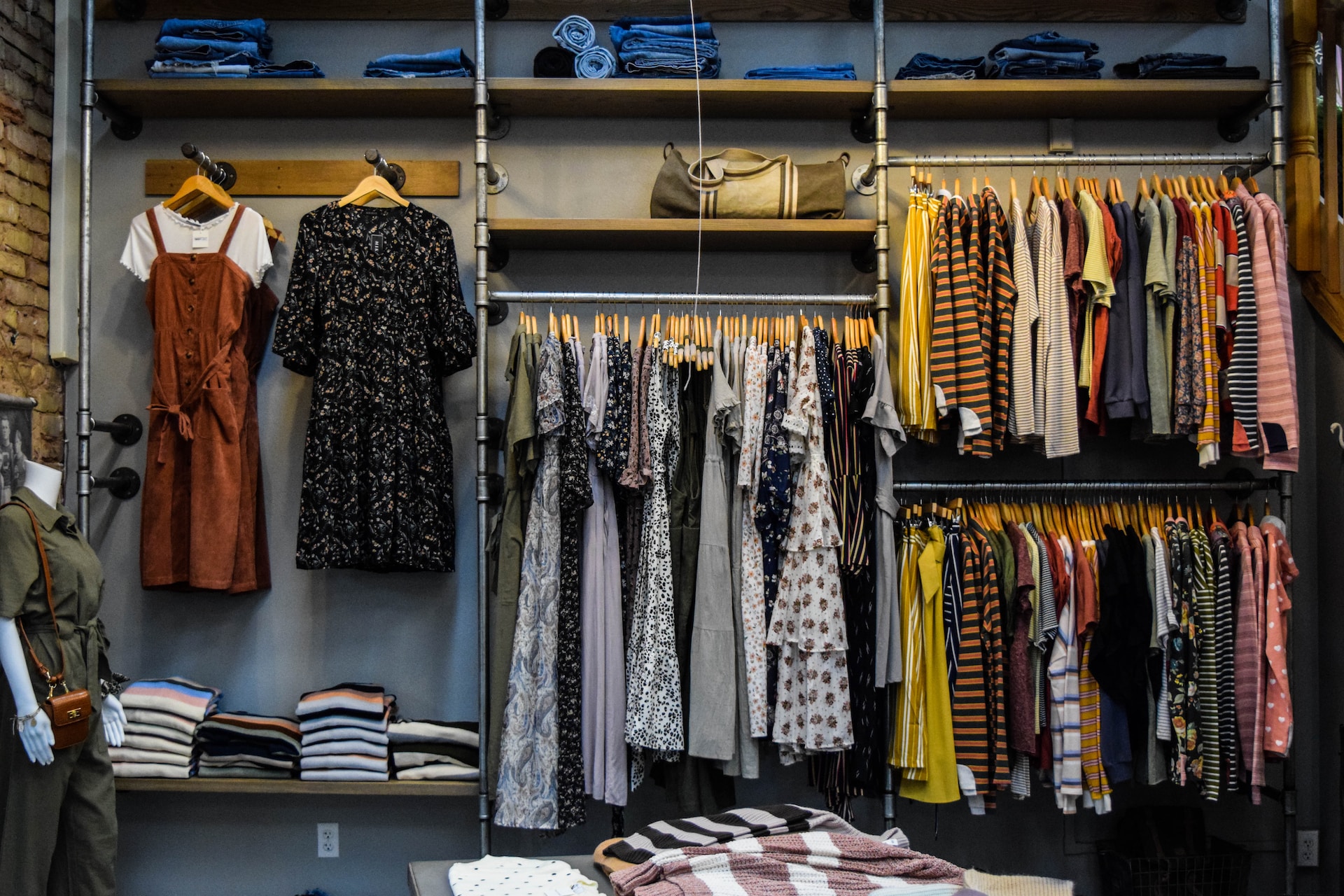Boutique Management
Boutique Management
Boutique Management is a crucial aspect of the Retail Marketing Industry, particularly within the fashion sector. Courses that focus on Boutique Management typically offer a blend of fashion design fundamentals and business management tailored for small-scale fashion enterprises. Here are some key components that a Boutique Management course might cover: Fashion Design Basics: Understanding design elements, textiles, trends, and the creative aspects of fashion is fundamental. Students might learn about sketching, garment construction, and the creative process behind designing clothing. Business Management: This involves aspects like inventory management, procurement, pricing strategies, budgeting, and financial management specific to boutique operations. Students might learn how to manage a boutique’s day-to-day operations efficiently. Customer Service and Relationship Management: Fostering excellent customer experiences and building long-term relationships is crucial. Students might study customer behavior, sales techniques, and strategies to enhance customer satisfaction and loyalty. Visual Merchandising: Presenting products effectively through visual displays is vital for boutique success. Students might learn about window displays, store layouts, and aesthetics to attract customers and drive sales. Marketing and Branding: Understanding marketing principles specific to boutique settings, including branding strategies, social media marketing, and promotional techniques, is essential for success in the fashion retail industry. Courses that cover Boutique Management aim to equip students with a well-rounded skill set that combines creativity with business acumen. This multidisciplinary approach is highly valuable in the competitive world of fashion retail, where having a comprehensive understanding of both design and business operations can make a significant difference in the success of a boutique.


Join us, where excellence is not just a standard it's our commitment. Discover why we stand out – because when you aim for the best, you deserve nothing less. Your journey to success begins here.
Our Session Partners

amit tyagi

Rina dhaka

sabya sachi

Shanthi Priya

nivedita basu

Nehal Chudasama
Award & Recognition






FAQ
Ambala sounds like an incredible place for aspiring fashion designers! The factors you’ve mentioned indeed make it a promising destination for fashion education and career opportunities. Having a strong academic reputation, an industry-oriented curriculum, and access to state-of-the-art facilities are crucial elements for a robust educational experience in fashion design. Additionally, the presence of prestigious fashion brands and a hub for the textile industry in Ambala offers students invaluable exposure and networking opportunities. Interning with leading designers and brands can provide hands-on experience and insights into the workings of the fashion world, which can be immensely beneficial for students.
Moreover, an excellent placement record speaks volumes about the quality of education and the preparedness of students for the industry. Landing placements in top fashion houses and design companies reflects the effectiveness of the education provided by the institutions in Ambala.
For anyone passionate about fashion and looking to pursue a career in design, Ambala seems like an ideal place to kickstart their education and build a strong foundation for a successful career in the fashion industry. The combination of academic excellence, industry exposure, and placement opportunities makes it an attractive destination for aspiring fashion designers.
Absolutely! Pursuing fashion design courses after completing class 12 is possible, regardless of the stream of study. Fashion design encompasses creativity, aesthetics, and technical skills, making it accessible to students from various educational backgrounds.
The cost of fashion design courses can vary significantly based on various factors, including the type of program and whether it’s an international or domestic course.
Global Recognition: International programs, especially those offered by prestigious fashion schools in fashion capitals like Paris, Milan, or New York, may have higher tuition fees due to their global reputation and connections within the fashion industry.
Domestic programs often have lower tuition fees compared to international ones, especially if they are state-funded or part of government-subsidized education systems.
Industry Partnerships






